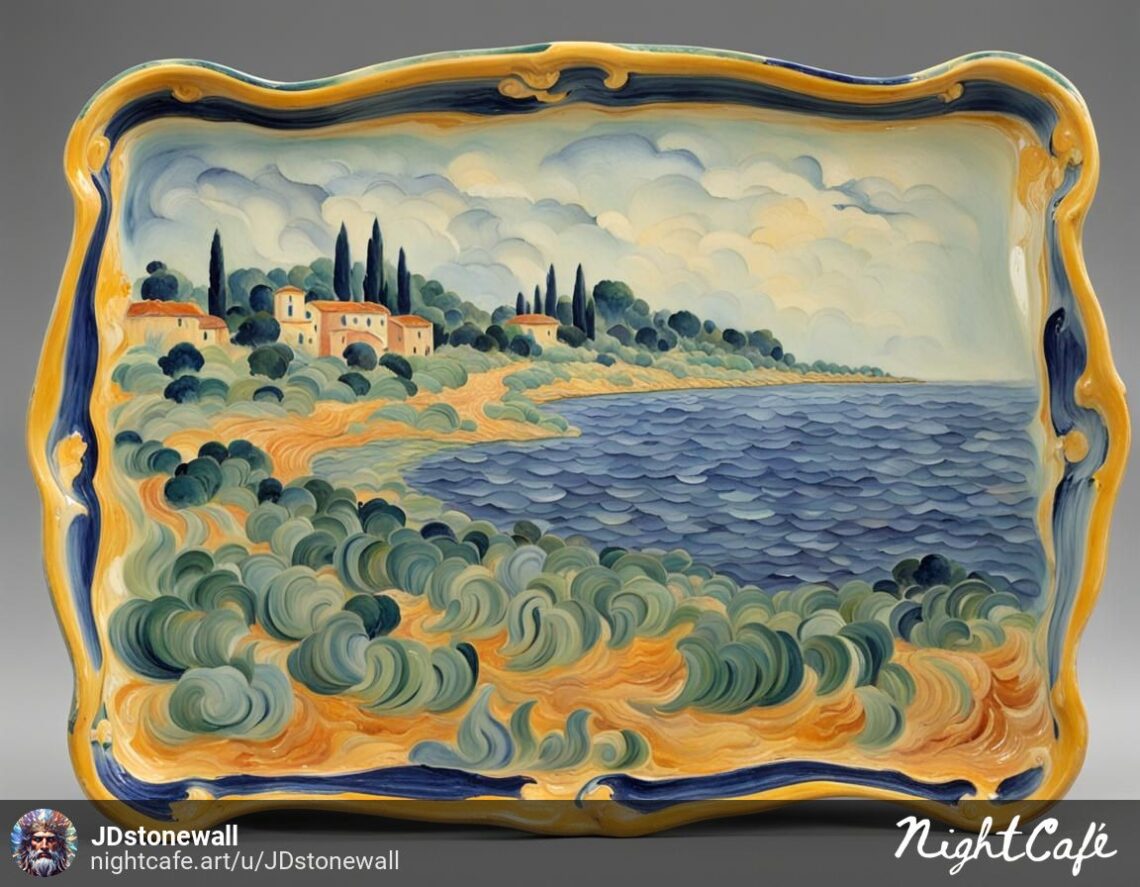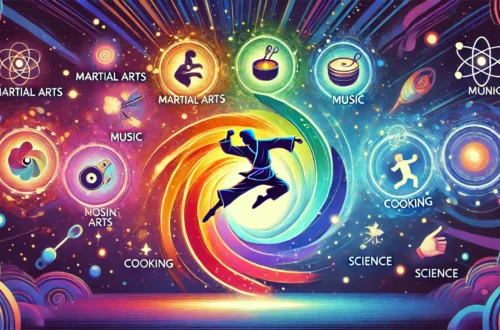Names carry weight. They’re the first gift—or burden—we receive, often before we even enter this world. My middle name, which I’ll refer to simply as “D,” is a complex part of my identity, a reminder of a relationship that has profoundly impacted me. It’s a mark left by my father, a man whose actions and presence in my life have been a source of deep discomfort and pain.
Hearing “D” makes me cringe. It’s not just a name but a symbol of his influence over my life, a reminder of things he did that I can’t change. He chose it, and in doing so, he left his mark on me—an indelible reminder of his presence. Yet, by focusing on my disdain for this name, I’ve come to a realization: I’m allowing him to maintain a hold over me, a power I no longer want him to possess.
In contemplating my middle name, I’ve oscillated between rejection and acceptance. Sharing just the first letter, “D,” feels like a compromise, a way to acknowledge its existence without fully embracing it. Embracing it feels akin to embracing him—a notion I reject. Yet, in my moments of introspection, I’ve considered the possibility that in my fight against “D,” I might be giving it—and by extension, him—more power and space in my life than they deserve.
So, what’s the value in sharing this part of my story? Perhaps it’s in the universal struggle of reconciling with parts of our identity that we didn’t choose but that undeniably shape us. It’s about the journey of reclaiming our power, of deciding that we are more than the names we carry or the people who chose them. It’s about the resilience in navigating our identities and the freedom that comes with self-definition.
As for the future, the idea of changing my middle name has fluttered around the edges of my consciousness, a possibility not yet fully explored but intriguing. For those who resonate with my experience, changing a name can be a powerful act of self-reclamation, a way to shed layers of the past and embrace a future we define for ourselves.
For someone named Justin, seeking harmony in a new middle name could be a step toward reclaiming my identity on my own terms. Perhaps “Daniel,” offering a connection to the “D” while embodying a new beginning, or “David,” symbolizing beloved or friend, marking a journey towards self-love. The choices are as varied as the reasons behind them, each holding potential for new meanings and beginnings.
In sharing this piece of my story, my hope is that it might light a spark for others wrestling with their own names, histories, and the shadows they cast. It’s a reminder that we have the power to redefine ourselves, to choose who we want to be, and to detach from the parts of our past that no longer serve us. Our names are but one chapter in our vast, unfolding stories, and we hold the pen to write what comes next.
Discover more from Whispers of Insight
Subscribe to get the latest posts sent to your email.






Thank you for sharing! Truly a different perspective.
Interesting perspective! Names certainly say a lot about someone (common name, unique name) and are such an important part of our identity.